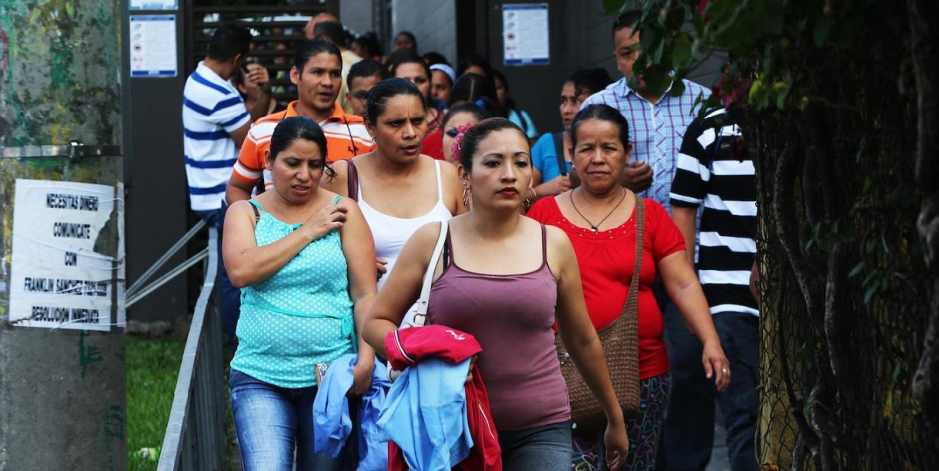El Salvador lost $60 million on its $425M bitcoin experiment as the country faces high deficit and glooming economic growth

In June 2021, the Latin American nation of El Salvador made history to become the first country in the world to adopt bitcoin as a legal tender after Congress approved President Nayib Bukele’s proposal to embrace the world’s most popular cryptocurrency.
Fast forward a year later. The numbers are in and things did not go as planned for El Salvador. A year after betting on the nationwide bitcoin experiment, El Salvador has lost around $60 million as the country faces a high deficit and plummeting economic growth. Its $425 million bitcoin experiment turns out to be a complete failure.
El Salvador, a country with a minimum wage of $365 per month, has lost more than half of its crypto investment as bitcoin fell by more than 70% from its November 2021 peak of $69,000. We first covered El Salvador in June 2021 after it became the first country in the world to adopt bitcoin as a legal tender.
El Salvador government has an unrealized paper loss on bitcoin of about $60 million, according to multiple sources, including bitcoin company Coinkite, which tracks the president’s public announcements of bitcoin purchases. However, none of these losses are locked in until El Salvador exits its bitcoin position.

In June 2021, the 37-year-old El Salvador President Nayib Bukele, who is also Latin America’s youngest president and known to break from the norms, said Bitcoin will be legal tender in the country alongside the United States dollar.
According to the World Bank, El Salvador has a population of 6.4 million people plus another 1.5 million Salvadorians living abroad. 36 percent of El Salvador’s rural population lives in poverty. In addition, El Salvador has the highest homicide rate in the world, with 82.84 murders per 100,000 people.
Remittances from Salvadorans living and working in the United States and other countries account for 23% of El Salvador’s gross domestic product and benefit about 360,000 households. El Salvador is a largely cash-based economy. 70 percent of its population does not have a bank account.
A year later, El Salvador’s gamble on Bitcoin isn’t paying off like President Nayib Bukele hoped it would. The country’s hope in bitcoin as the economic salvation has now left the country in more debt. The country is now in need of a lot of cash to meet its upcoming debt payments of more than $1 billion in the next year, CNBC reported.
Last year, El Salvador President Nayib Bukele, who is also Latin America’s youngest president and known to break from the norms, declared Bitcoin as a legal tender alongside the United States dollar, however, concern grows as the value of Bitcoin plummets amid crypto market turmoil.
According to CNBC, El Salvador has spent $375 million on the bitcoin rollout, “which includes a $150 million trust designed to convert bitcoin instantly into dollars, $120 million on the $30 bitcoin bonus given to each citizen who downloaded the Chivo wallet, and the roughly $104 million the government has publicly admitted to spending on bitcoin.”




